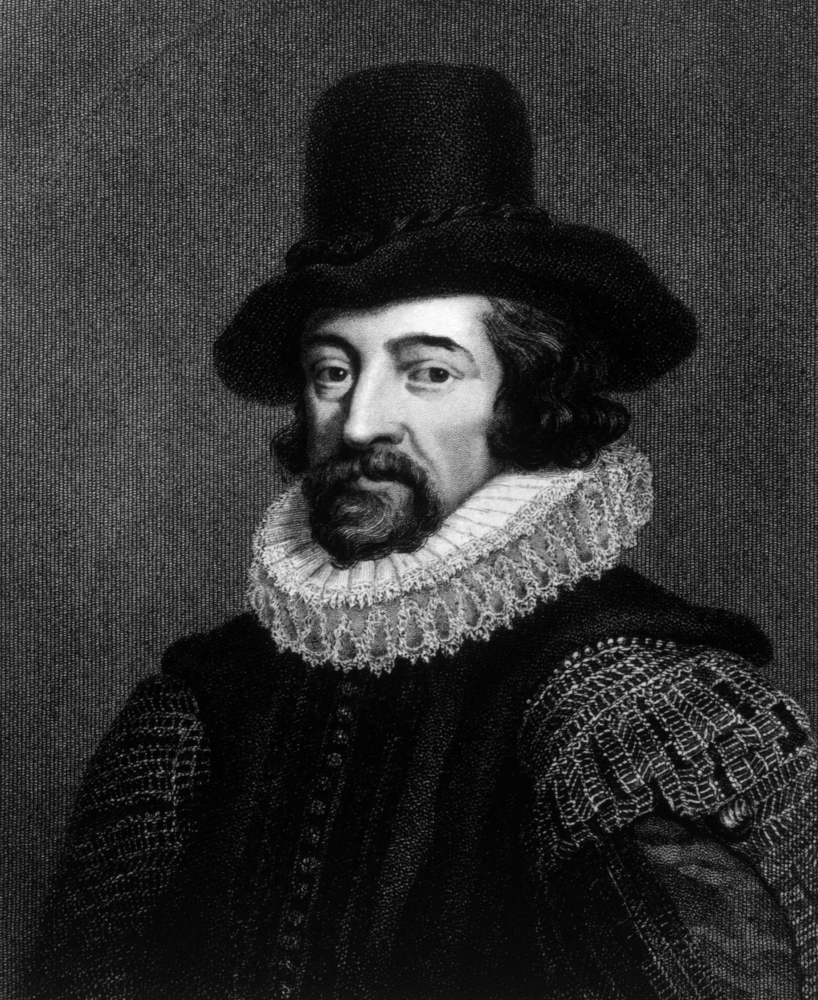ADVERTS
Who was Francis Bacon
Francis Bacon was born in London, England, in 1561. According to his standard of living, he was educated with refinement and a high intellectual level.
Francis Bacon worked in several areas, one of them being political activity. He obtained a place in the House of Commons in the monarchy of James I.
ADVERTS
He also had a diplomatic career as chancellor. In the philosophical area, his work critically analyzed scholasticism and classical Greek philosophy.

Theories, philosophy and work of Francis Bacon
Bacon believed that these theories did not present satisfactory results to solve humanity's problems. His job was to follow the facts through the induction of reasoning, through the act of experiencing the object of analysis.
His main works are “Instauratio magna” and “Novum organum”. In the work, Bacon makes it clear that his style is not in line with Aristotle's analyses.
ADVERTS
Among other works are “Essays” and “Elements of the common laws of England”, a book that presents his coexistence with politics.
Francis Bacon is questioned by other philosophers and scholars for having ignored the technique of hypothesis and deduction, but he is valued for having applied the scientific method during his investigation.
Among the honors he received during his lifetime was the title of Baron of Verulam.
Bacon was one of the great names in empiricism. He died in England, a victim of bronchitis, in 1626.
